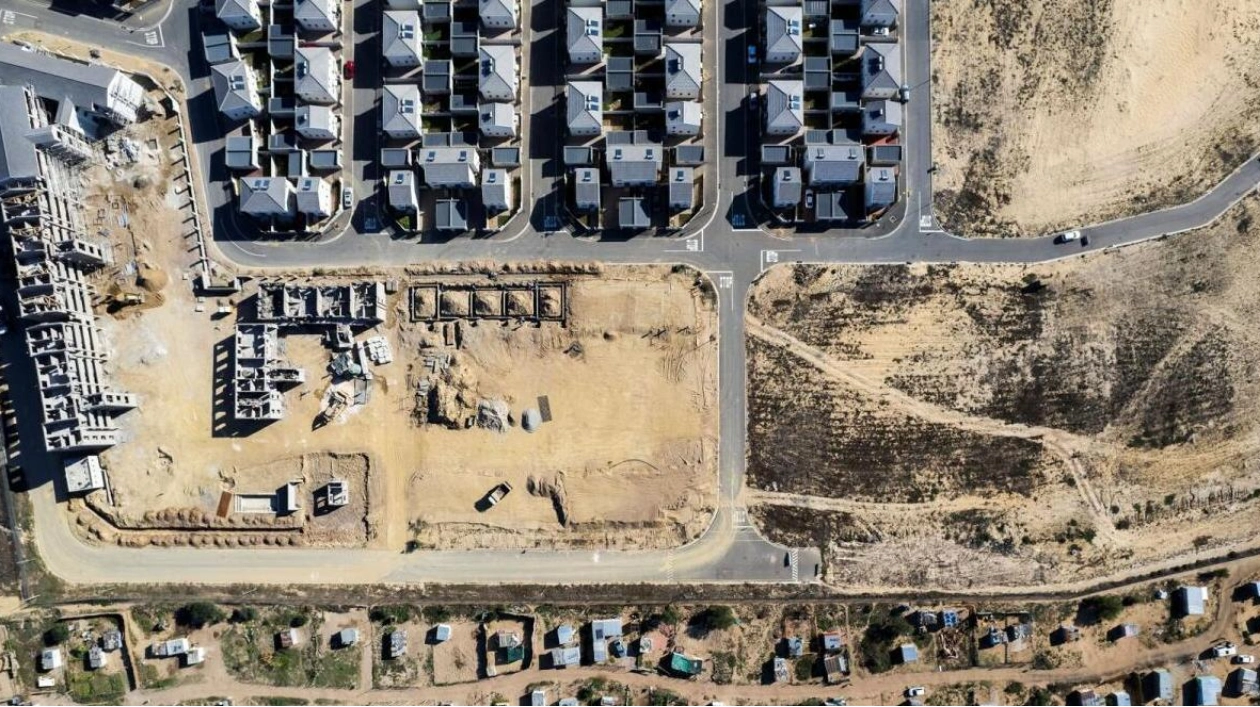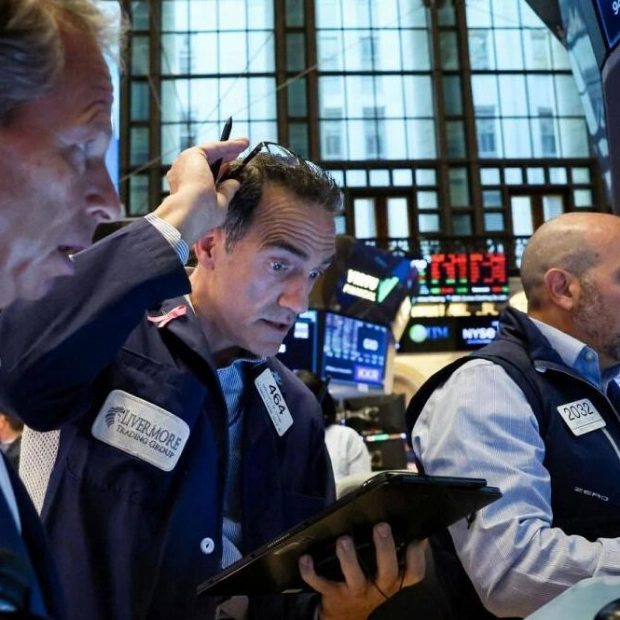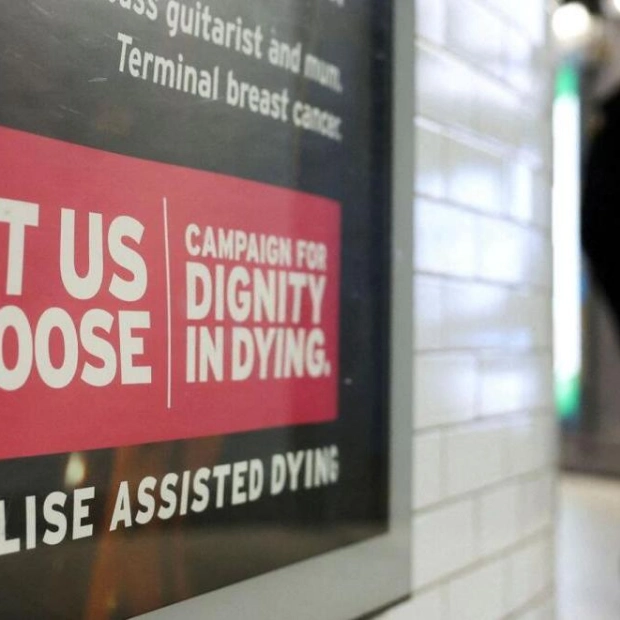Powerful and politically-connected "construction mafias" are deterring investors and impeding infrastructure projects essential for South Africa's economic growth, according to the country's new public works and infrastructure minister, Dean Macpherson. Appointed last month in South Africa's new coalition government, Macpherson is now responsible for implementing President Cyril Ramaphosa's strategy to transform the nation into a hub of construction activity. Ramaphosa emphasized in his inaugural policy address to the new parliament that extensive infrastructure investment would fuel inclusive economic growth. However, the state must address the pervasive criminal gangs that disrupt construction sites to achieve this, Macpherson noted in an interview.
"It poses a significant threat," he stated. "It halts ongoing projects and discourages private sector participation due to potential delays and cost overruns that erode profit margins." Macpherson questioned, "Why invest capital in a project that could be stalled indefinitely and require additional funds to fend off gangsters?" The "mafias" in South Africa's construction industry first emerged in the east coast province of KwaZulu-Natal about ten years ago and have since spread nationwide, as per a 2023 report by the Cape Town-based Inclusive Society Institute. These groups typically occupy construction sites, demanding payments or shares in projects, and employ violence or intimidation to secure their demands.
They also maintain strong connections with corrupt politicians, according to Macpherson, who previously served as the provincial chairperson for KwaZulu-Natal for the Democratic Alliance (DA), now part of the government. Macpherson plans to convene with various state officials next month to devise a national strategy against these gangs, a priority identified by Ramaphosa. "Many institutional funders have highlighted this as their top risk, fearing investments could halt indefinitely," he explained. His department is exploring innovative funding models to entice private sector investment, while the treasury is revising public-private partnership regulations.






